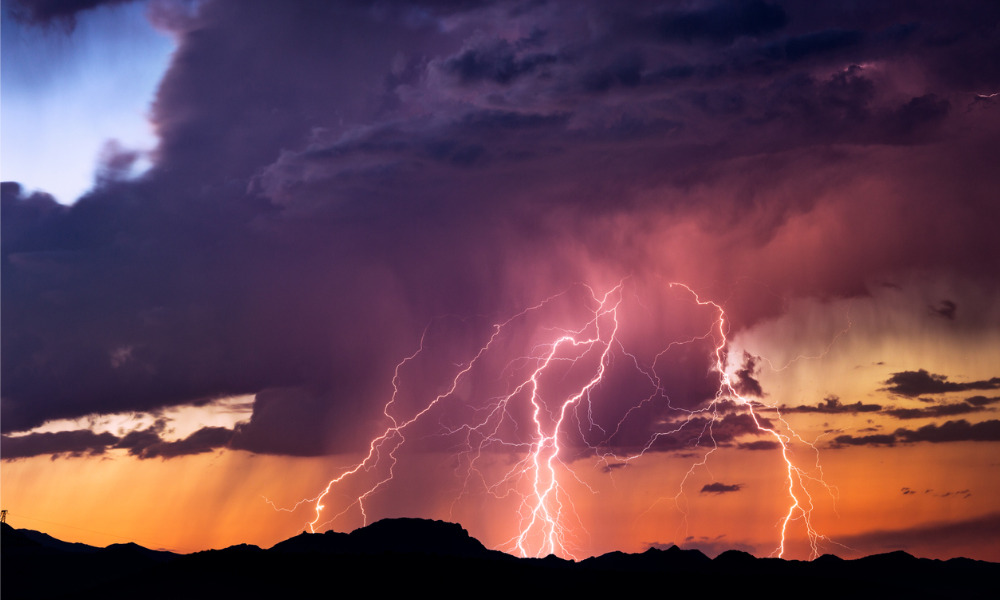Lockton Re unveils new research series

Lockton Re unveils new research series | Insurance Business Australia
Catastrophe & Flood
Lockton Re unveils new research series
Series will focus on storm dynamics
Catastrophe & Flood
By
Steven Byerley
Lockton Re, the reinsurance arm of Lockton, has announced the launch of a new research series, starting with a comprehensive analysis titled “Storm Dynamics and The Reinsurance Industry – Exploring Hurricane, Tropical Cyclone, and Typhoon Patterns and Trends.”
This research delves into the hurricane peril, encompassing tropical cyclone and typhoon patterns, and examines the potential impacts of climate changes that might alter the nature of this peril.
“Underlying climate-related changes are making it challenging to predict storm dynamics,” said Claude Yoder, global head of analytics for Lockton Re. “Past focus on frequency and severity of storms may have missed more fundamental global climate changes. Some of those changes are becoming more evident as the likelihood of loss causing storms has increased.”
Lockton Re plans to release three subsequent publications as part of this research series. These will explore the insurance industry’s exposure to hurricanes and how rapidly evolving home and building structures impact their ability to withstand storms. Additionally, they will present a unique perspective on comprehensive risk transfer option creation and shed light on trending and improving placement techniques within the property (re)insurance market.
“We’re seeing an uptick in the strength of these storms,” said Cheryl Fanelli, global head of catastrophe modelling at Lockton Re. “Take the 2022 hurricane season, which was average in terms of hurricane activity in the North Atlantic, yet it was the third costliest on record.”
“Wind speed alone is no longer a good predictor of damages,” Yoder said. “As climate change has increased precipitation and made storm surge more likely, even lower categorised storms (as a function of wind speed), can create material loss.”
Have something to say about this story? Let us know in the comments below.
Related Stories
Keep up with the latest news and events
Join our mailing list, it’s free!






